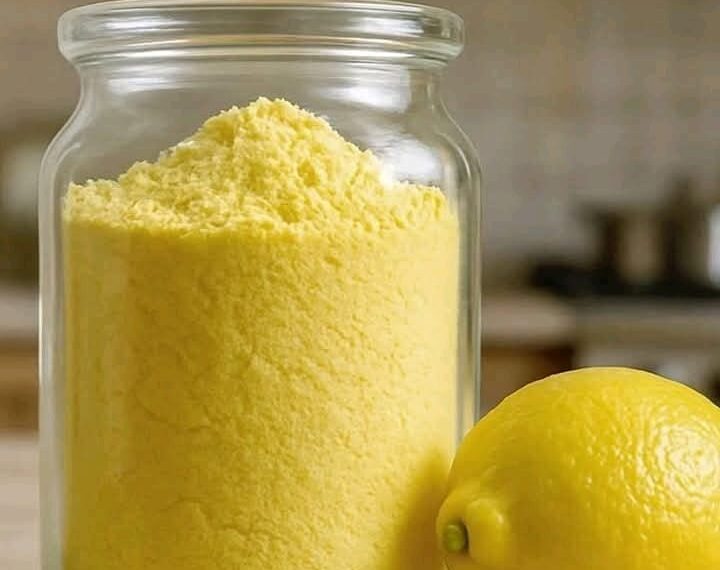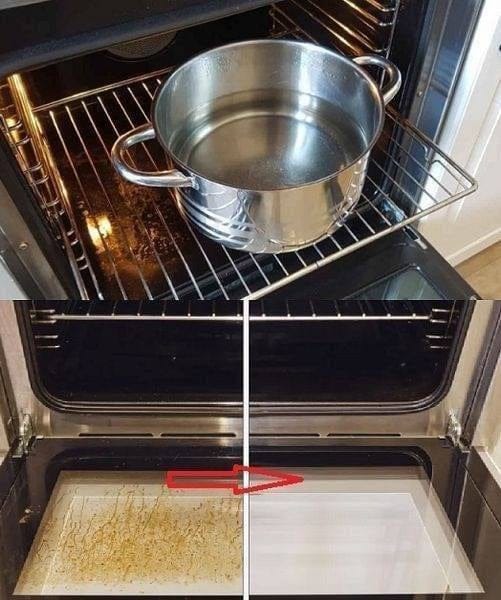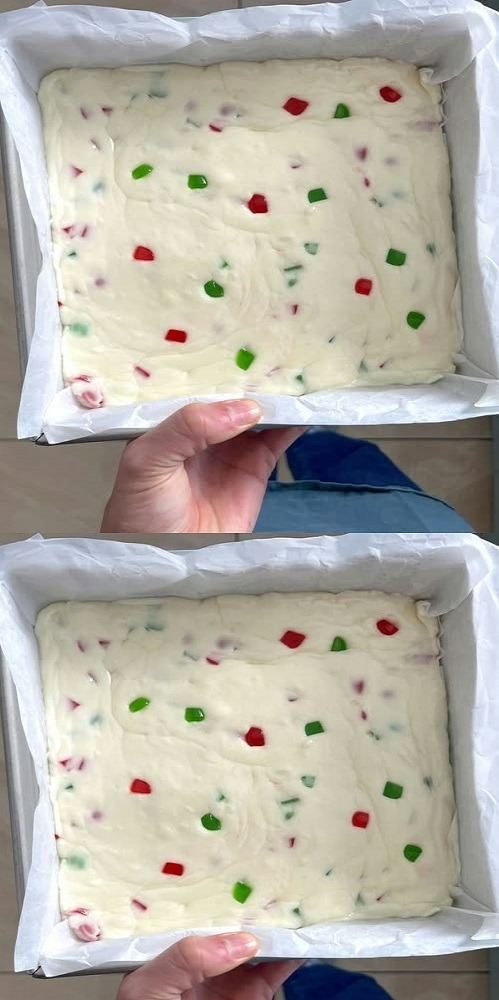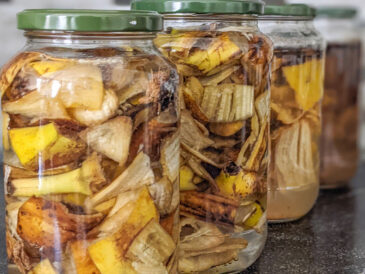If you love the bright, refreshing taste of lemon, but want a more convenient way to store and use that citrus flavor year-round, making your own lemon powder at home is a fantastic solution. Not only is it simple to do, but lemon powder is incredibly versatile—it can be added to baking recipes, marinades, teas, spice blends, or sprinkled over dishes to add a vibrant citrus punch.
In this post, I’ll walk you through the step-by-step process of making lemon powder yourself, the tools you’ll need, tips to get the best results, and ideas for using this zesty powder in your kitchen.
Why Make Lemon Powder at Home?
You might be wondering why you should bother making lemon powder when you can easily buy it at the store. Here are some reasons why DIY lemon powder is worth the effort:
- No Additives or Preservatives: Store-bought powders sometimes contain anti-caking agents or artificial flavorings. Homemade lemon powder is pure and natural.
- Full Control Over Quality: Use organic lemons or your favorite citrus varieties to ensure fresh, vibrant flavor.
- Waste Reduction: Use lemon peels or zest that might otherwise be discarded.
- Cost-Effective: Making your own powder can be more economical in the long run.
- Customization: Adjust the coarseness, flavor intensity, or mix with other spices as you like.
What Is Lemon Powder?
Lemon powder is essentially dehydrated lemon zest or peel ground into a fine powder. It captures the essence of lemon without the moisture, making it shelf-stable and easy to store. Unlike lemon juice or fresh zest, it doesn’t spoil quickly and can be sprinkled on dishes without adding extra liquid.
Ingredients and Equipment Needed
Ingredients:
- Organic lemons (as many as you want to use)
- Remember: You’ll only be using the peels or zest—avoid the bitter white pith underneath.
Equipment:
- Vegetable peeler or zester: To remove just the outer yellow layer.
- Dehydrator or oven: For drying the lemon peels.
- Coffee grinder, spice grinder, or high-speed blender: To grind the dried peels into powder.
- Fine mesh sieve (optional): For sifting to get a finer powder.
- Airtight container: To store your finished lemon powder and keep it fresh.
Step-by-Step Instructions: How to Make Lemon Powder at Home
Step 1: Wash the Lemons Thoroughly
Before peeling, wash your lemons well under cool running water. This removes any dirt, wax, or pesticide residues, ensuring your powder is clean and safe to use.
Step 2: Peel or Zest the Lemons
Using a vegetable peeler or zester, carefully remove the yellow outer layer of the lemon skin. Avoid the white pith underneath, as it can be bitter and unpleasant in flavor. If using a zester, you’ll get fine strips of zest; if using a peeler, you’ll get larger peel strips.
Step 3: Dry the Lemon Peels
There are two common ways to dry the peels: using a dehydrator or your oven.
- Dehydrator method: Spread the lemon peels evenly on dehydrator trays. Dry at 125°F (52°C) for 6 to 12 hours until completely dry and brittle.
- Oven method: Place the peels on a baking sheet lined with parchment paper. Set your oven to the lowest temperature (around 170°F or 75°C). Leave the door slightly ajar to allow moisture to escape. Dry for 2 to 3 hours, checking frequently to prevent burning.
The peels are ready when they snap easily between your fingers.
Step 4: Grind Into Powder
Once dried, put the lemon peels into a clean coffee grinder, spice grinder, or high-speed blender. Pulse until you achieve a fine powder. For a super fine texture, sift the powder through a fine mesh sieve and re-grind any larger bits left behind.
Step 5: Store Your Lemon Powder
Transfer your lemon powder to an airtight container, preferably glass, and store it in a cool, dark place. Properly stored, homemade lemon powder can last for up to 6 months or more without losing flavor.
Tips for the Best Lemon Powder
- Use organic lemons: Since you’re using the peel, organic is best to avoid pesticides.
- Avoid the pith: The white layer under the zest is bitter and will affect the flavor.
- Dry thoroughly: Any moisture left will cause clumping and spoilage.
- Grind fresh when possible: For the best aroma, grind the lemon powder fresh before each use if you have the time.
- Experiment with citrus varieties: Try limes, oranges, or even grapefruit for different flavors.
Creative Uses for Lemon Powder
Lemon powder is incredibly versatile! Here are some ideas on how to use it in your cooking and beyond:
1. Baking
Next page





